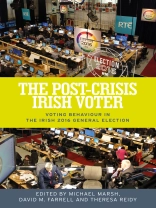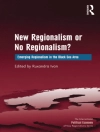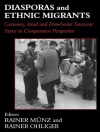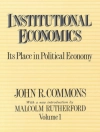This is the definitive study of the Irish general election of 2016 – the most dramatic election in a generation, which resulted in the worst electoral outcome for Ireland’s established parties, the most fractionalized party system in the history of the state, and the emergence of new parties and groups. These outcomes follow a pattern seen across a number of Western Europe’s established democracies in which the ‘deep crisis’ of the Great Recession has wreaked havoc on party systems. The objective of this book is to assess this most extraordinary of Irish elections both in its Irish and wider cross-national context. With contributions from leading scholars on Irish elections, and using a unique dataset – the Irish National Election Study 2016 – this volume explores voting patterns at Ireland’s first post crisis election and it considers the implications for the electoral landscape and politics in Ireland.
Cuprins
1 Ireland’s post crisis-election – Michael Marsh, David M. Farrell and Theresa Reidy
2 Mining the ballot: preferences and transfers in the 2016 election – Kevin Cunningham
3 Ideological dimensions in the 2016 election – Kevin Cunningham and Johan A. Elkink
4 Social and Ideological Bases of Voting – John Garry
5 Party identification in the wake of the crisis: a nascent realignment? – Rory Costello
6 Why did the ‘recovery’ fail to return the government? – Michael Marsh
7 Party or candidate? – Michael Courtney and Liam Weeks
8 Political Fragmentation on the March: Campaign Effects in 2016 – Theresa Reidy and Jane Suiter
9 The Impact of Gender Quotas on Voting Behaviour in 2016 – Gail Mc Elroy
10 What do Irish voters want from and think of their politicians? – David M. Farrell, Michael Gallagher and David Barrett
11 Popularity and Performance? Leader effects in the 2016 election – Stephen Quinlan and Eoin O’Malley
Appendix: the INES 2016 Questionnaires
Index
Despre autor
Michael Marsh is Associate Professor of Political Science at Trinity College Dublin












